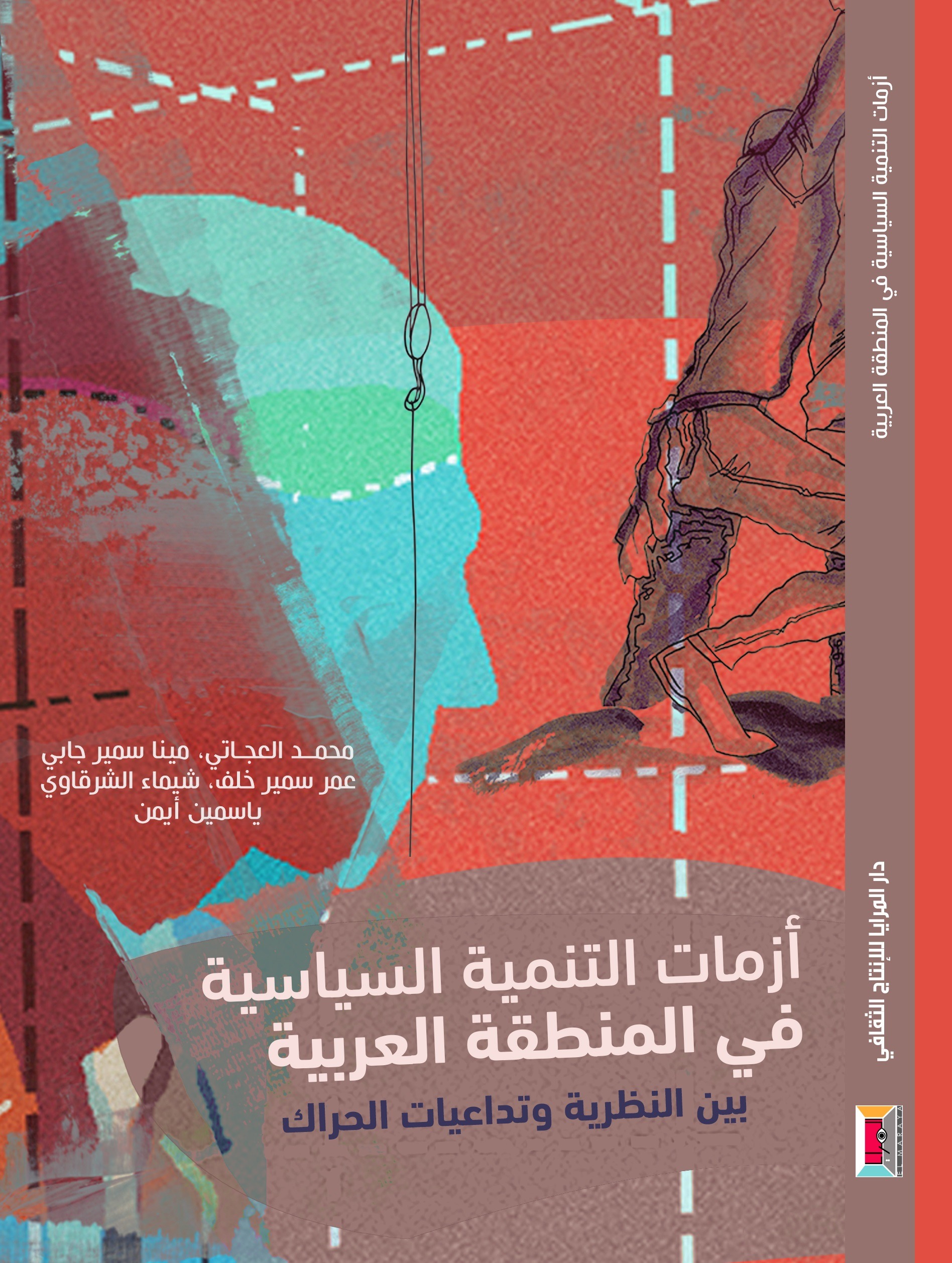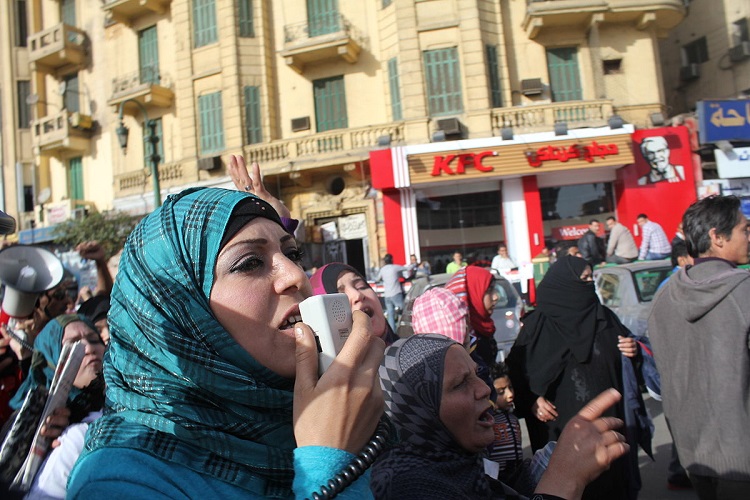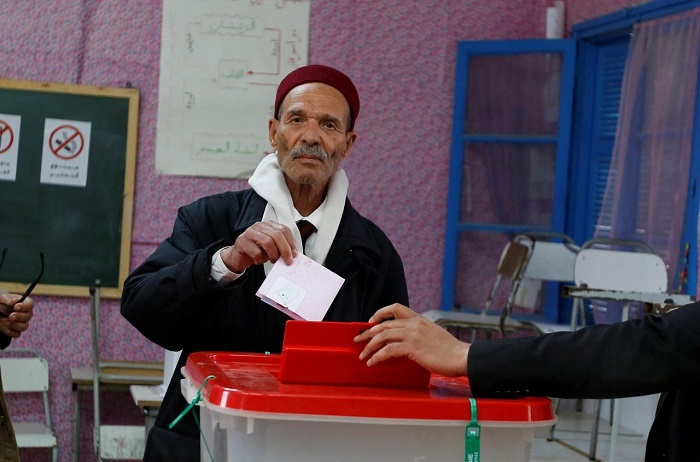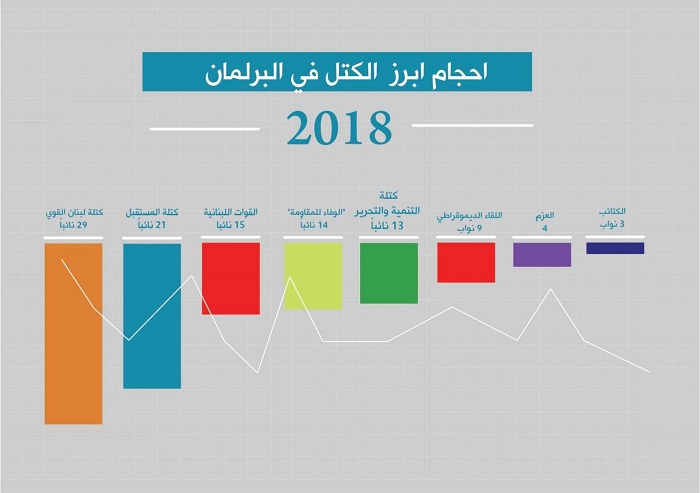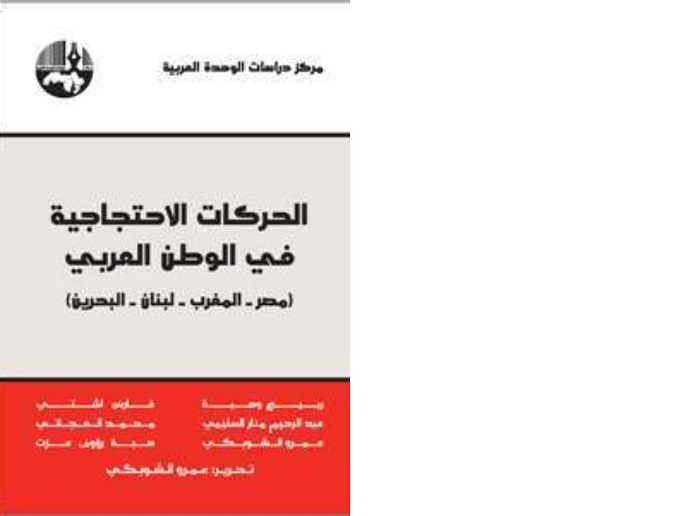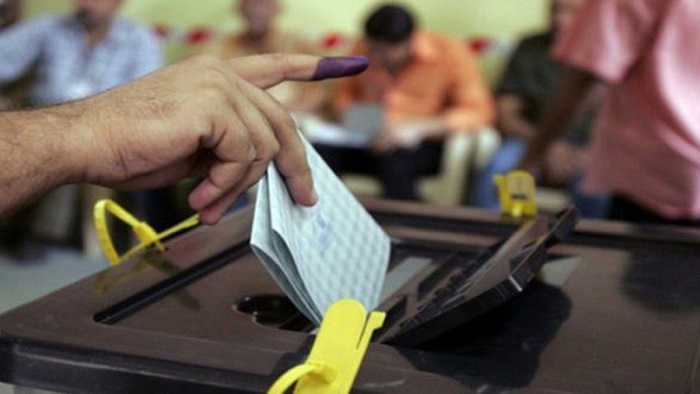Political Development Crises in the Arab Region: Between Theory and the Implications of Mobility
Omar Samir KhalafEgypt ,Jordan ,Lebanon ,Morocco ,TunisiaMohammed El-Agati, Mina Samir Gabi, Omar Samir Khalaf, Shimaa El-Sharkawy, Yasmin Ayman. The book consists of five-chapters, published by the Arab Forum for Alternatives in 2019. After nearly nine years of Arab mobility, attempting to analyze the five political development crises (identity crisis, participation crisis, distribution crisis, penetration crisis, and crisis of legitimacy) and its impact on The Arab Spring affected by it, because the Arab Spring has raised questions related to these crises in different formats. The first chapter written by Mohammed Al-Agati deals with the crisis of identity as a complex concept,…

